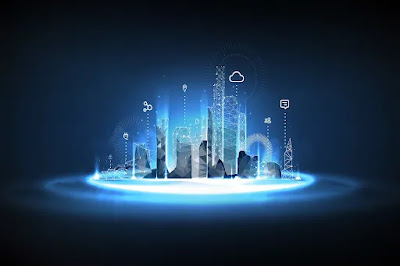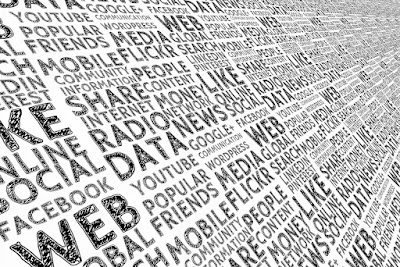The Internet: Revolutionizing the World of Connectivity and Information
Introduction
The internet has emerged as one of the most transformative inventions of the modern era, revolutionizing the way we communicate, access information, conduct business, and interact with the world. Since its inception, the internet has witnessed remarkable growth and has become an integral part of our daily lives. This article aims to explore the impact, benefits, challenges, and future prospects of the internet.
The Internet's Impact on Communication and Connectivity
1.Global Connectivity:
The internet has connected people from different corners of the world, transcending geographical boundaries. It enables instantaneous communication through various platforms such as email, social media, video conferencing, and messaging applications. The ability to connect and interact with individuals, regardless of their location, has fostered a global community and enhanced cultural exchange.
2. Information Sharing:
The internet has democratized information access, empowering individuals to seek knowledge on a wide range of topics. Search engines, online libraries, educational platforms, and news websites provide instant and unlimited access to information, revolutionizing the way we learn and stay informed.
3.Social Networking:
Social media platforms have transformed the way we socialize and connect with others. They enable individuals to share ideas, opinions, and experiences, fostering virtual communities and promoting social interaction on a global scale. However, it is important to address the challenges associated with misinformation, privacy, and the impact of social media on mental health.
The Internet's Impact on Business and Economy
1. E-commerce:
The internet has revolutionized the way businesses operate, giving rise to e-commerce. Online shopping platforms have made it convenient for consumers to purchase goods and services from anywhere, at any time. This has opened new markets and opportunities for businesses, increased competition, and transformed traditional retail models.
2.Remote Work and Collaboration:
The internet has facilitated remote work and collaboration, enabling individuals to work from anywhere and collaborate with teams across the globe. This has led to increased productivity, cost savings, and improved work-life balance for many professionals.
3.Entrepreneurship and Innovation:
The internet has lowered barriers to entry for aspiring entrepreneurs, allowing them to start and promote their businesses with minimal resources. Online platforms provide opportunities for startups to reach a global audience, fostering innovation and economic growth.
Challenges and Concerns of the Internet
1.Digital Divide:
The digital divide refers to the gap between individuals and communities with access to the internet and those without. This disparity in connectivity exacerbates inequalities in education, economic opportunities, and access to vital services. Bridging the digital divide is crucial for creating an inclusive and equitable society.
2. Privacy and Security:
The internet has raised concerns about privacy and data security. Cyber threats, data breaches, and unauthorized surveillance pose risks to individuals' personal information. Striking a balance between convenience and privacy, while implementing robust security measures, remains a significant challenge.
3.Misinformation and Fake News:
The proliferation of misinformation and fake news on the internet poses a threat to society. The ease of sharing information online has given rise to the spread of false or misleading content, impacting public discourse, elections, and social cohesion. Promoting media literacy and responsible online behavior is essential in combating this challenge.
The Future of the Internet
1.Internet of Things (IoT):
The IoT refers to the network of interconnected devices and objects that can communicate and share data. As IoT technology advances, it has the potential to revolutionize industries such as healthcare, transportation, and infrastructure, enhancing efficiency and improving quality of life.
2.Artificial Intelligence (AI):
3.5G and Beyond:
The deployment of 5G networks promises faster and more reliable internet connectivity, enabling faster data transfer, low-latency applications, and supporting emerging technologies. As technology continues to advance, the potential for future innovations and developments is immense.
Conclusion
The internet has transformed the world in unprecedented ways, connecting people, facilitating communication, and driving economic growth. Its impact on various aspects of society, from communication and education to business and innovation, cannot be overstated. However, addressing challenges related to connectivity, privacy, security, and misinformation remains crucial for harnessing the internet's full potential.
As we move forward, it is vital to ensure that the internet remains accessible, inclusive, and safe for all individuals. Collaborative efforts between governments, businesses, and individuals are necessary to bridge the digital divide, protect privacy, combat misinformation, and foster a responsible and thriving digital ecosystem. With careful stewardship and continued innovation, the internet will continue to shape the future, bringing forth new possibilities and opportunities for generations to come.








I hope you like it and plz follow and feel free to comment any suggestions for improving articles.
ReplyDelete